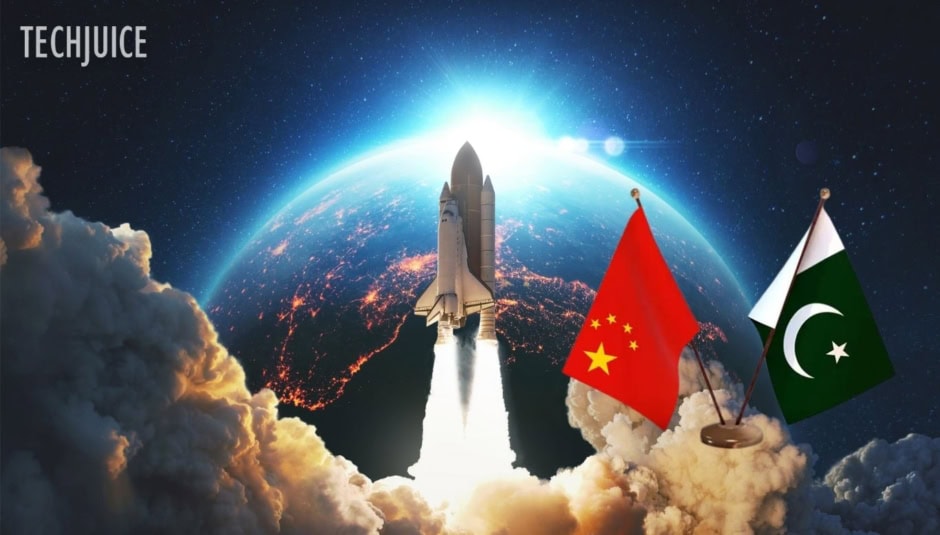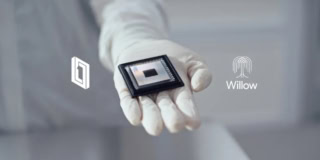ISLAMABAD: In a major development for both countries’ space sectors, Pakistan’s Prime Minister Shehbaz Sharif met with a delegation from GalaxySpace, a prominent Chinese space technology firm. During the meeting, they discussed opportunities to expand cooperation in space technology, satellite development, and telecommunications.
The delegation, led by Chairman Xu Ming, expressed a strong desire to invest in Pakistan’s burgeoning space sector, particularly in satellite development and commercial space ventures.
Strengthening Ties with China
During the meeting, Prime Minister Sharif emphasized the vital importance of the space technology sector for Pakistan’s future. He noted that “Pakistan is giving utmost importance to the space technology sector.”
He reiterated Pakistan’s long-standing and strategic partnership with China, calling it “Pakistan’s most reliable friend and strategic partner.” This partnership has already seen significant joint ventures, including satellite launches like PakSat-MM1 and PakSat-1R, as well as the planned lunar mission in 2028.
Joint Ventures and Investment
GalaxySpace, known for its cost-effective low Earth orbit (LEO) satellites, which offer high-speed broadband services, sees Pakistan as an attractive destination for investment. The company’s plans include setting up joint ventures with Pakistani space institutions and private telecom companies to boost the nation’s technological infrastructure.
The GalaxySpace delegation described their meetings with officials from Pakistan’s Ministry of Information Technology, Telecommunication, and SUPARCO as “highly productive.”
Strategic Lunar and Astronaut Missions
Pakistan and China have been collaborating on ambitious space projects, including the inclusion of Pakistan’s first lunar rover in China’s Chang’E 8 mission, scheduled for 2028.
This mission will explore the lunar south pole, and Pakistani scientists will operate the rover remotely. Moreover, Pakistan’s first astronaut is set to join a mission aboard the Chinese space station.
As the two countries continue to build on their space-related endeavors, the future holds great promise for greater connectivity and technological innovation in Pakistan, paving the way for regional advancements in space technology.

 2 min read
2 min read


















